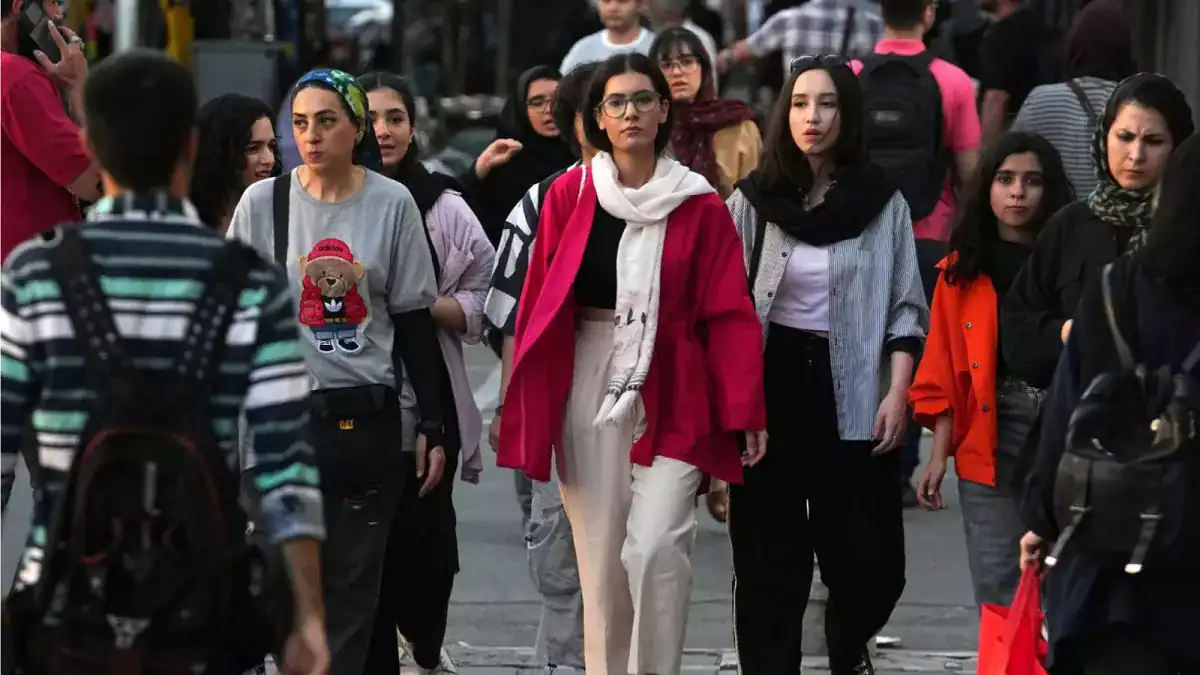At a time when Iran continues to bear the heavy burdens of long-term sanctions and ineffective domestic and foreign policies, Israel’s military aggression or the 12-day war, the continued fear of a potential renewed conflict as well as the reimposition of UN snapback sanctions, have deepened its economic and social crises. Even prior to this latest conflict and snapback sanctions, Iran’s economy was struggling due to chronic stagnation, declining investment, and major limitations on foreign trade. But now, the direct and indirect consequences of the 12-day war have delivered new and severe shocks to the business environment and job market. Reduced oil exports, currency devaluation, rising market insecurity, and capital flight are only some of the direct economic outcomes that have further restricted the country’s production and employment capacity.
These effects are especially visible in four key sectors: culture and media, tourism, the informal economy, and the digital economy—areas where women play a particularly prominent and vital role. The war-related pressures and restrictions on these sectors not only threaten women’s job opportunities, but also pose serious challenges to gender equality. Many innovative workspaces, startups, and cultural businesses that had in recent years embraced values such as workplace safety, gender equality, and respect for diversity are now at risk of weakening or shutting down altogether. This trend raises the serious risk of further reducing the already low rate of women’s workforce participation and reversing the progress made toward gender equality.
Read the full report.


